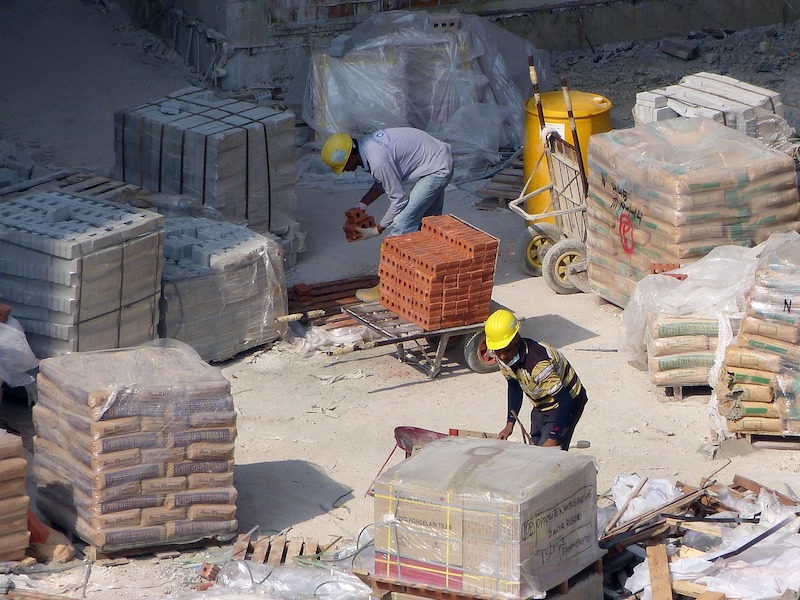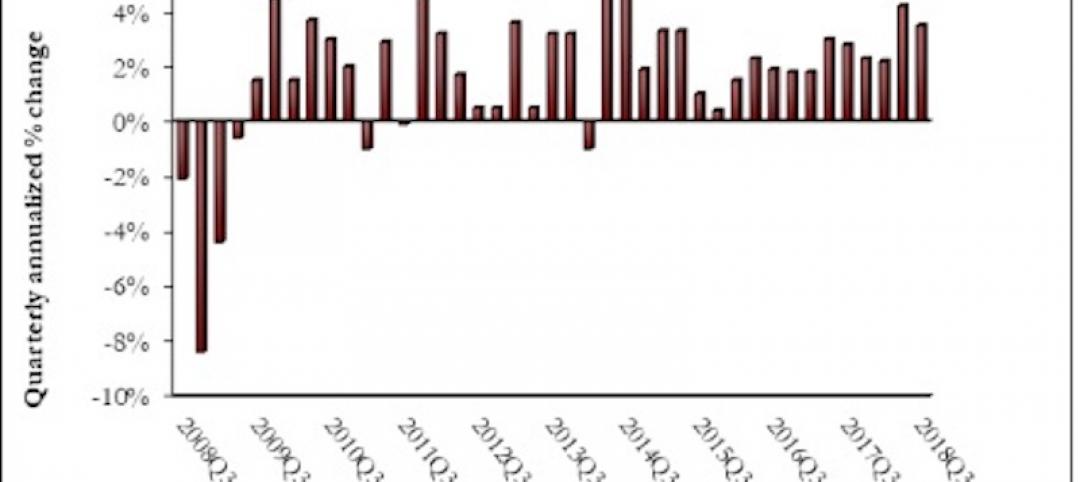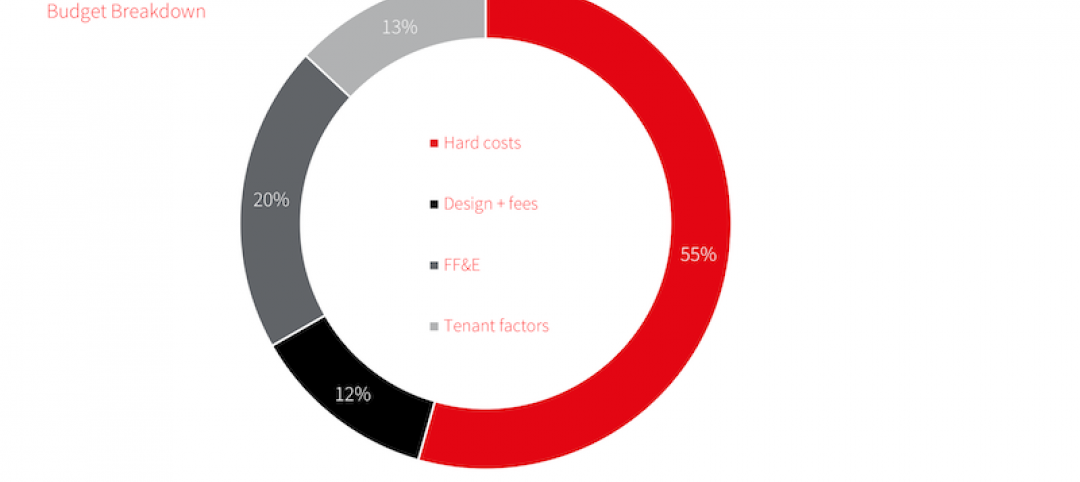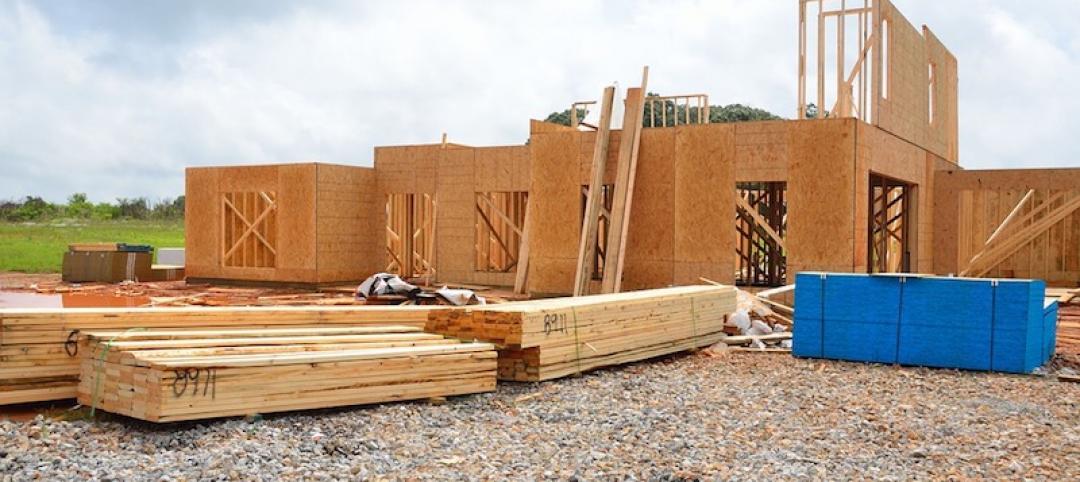Construction employment increased by 20,000 jobs in July but the gains were limited to housing, while employment related to infrastructure and nonresidential building construction slipped by 4,000, according to an analysis by the Associated General Contractors of America of government data released today. Association officials cautioned that non-housing construction job losses will continue unless the federal government provides infrastructure funding for state and local budgets, enacts liability reforms and other relief measures.
“It is gratifying that the construction industry continued to add jobs in July, but last month’s gains were entirely in residential building and specialty trades,” said Ken Simonson, the association’s chief economist. “It is likely that many nonresidential jobs are in jeopardy following the completion of emergency projects and ones begun before the pandemic. Projects that had been scheduled to start this summer or later are being canceled by both public agencies and private owners, while few new facilities are breaking ground.”
The employment pickup in July follow gains of 163,000 jobs in June and 456,000 in May, the economist noted. Nevertheless, construction employment in July remained 444,000 jobs or 5.6% below the recent peak in February.
Residential building and specialty trade construction firms—firms that concentrate on residential new construction, additions and renovations—accounted for 24,000 additional jobs in July. In contrast, employment among nonresidential segments declined by 4,000 jobs.
Compared to the most recent peak in February, employment in the heavy and civil engineering construction segment of the industry, representing firms that work mainly on highways and other infrastructure—was 7.4% below the February total. Employment at nonresidential building and specialty trade construction firms was 6.8% less than in February. Employment at residential building and specialty trade construction firms combined slipped by a more modest 4.1%.
The industry’s unemployment rate in July was 8.9%, with 870,000 former construction workers idled. These figures were more than double the July 2019 figures and were the highest July totals since 2013 and 2012, respectively.
Association officials said the best way to avoid the expected future construction job losses is for federal officials to quickly enact and implement funding for infrastructure, pass needed liability reforms and other pro-growth recovery measures. They said that investing in infrastructure will add to employment in many manufacturing, trucking and other sectors and will create assets that improve productivity, safety and well-being for all.
“It is vital for officials of both parties, both sides of Capitol Hill, and the Administration to come to agreement promptly on meaningful increases in infrastructure funding and other recovery measures,” said Stephen E. Sandherr, the association’s chief executive officer. “Without quick action, the nonresidential job losses that began in July will be quickly worsen and the nation will lose a golden opportunity to start on improving infrastructure at a time of high labor availability and low materials and borrowing costs.”
Related Stories
Market Data | Nov 2, 2018
Nonresidential spending retains momentum in September, up 8.9% year over year
Total nonresidential spending stood at $767.1 billion on a seasonally adjusted, annualized rate in September.
Market Data | Oct 30, 2018
Construction projects planned and ongoing by world’s megacities valued at $4.2trn
The report states that Dubai tops the list with total project values amounting to US$374.2bn.
Market Data | Oct 26, 2018
Nonresidential fixed investment returns to earth in Q3
Despite the broader economic growth, fixed investment inched 0.3% lower in the third quarter.
Market Data | Oct 24, 2018
Architecture firm billings slow but remain positive in September
Billings growth slows but is stable across sectors.
Market Data | Oct 19, 2018
New York’s five-year construction spending boom could be slowing over the next two years
Nonresidential building could still add more than 90 million sf through 2020.
Market Data | Oct 8, 2018
Global construction set to rise to US$12.9 trillion by 2022, driven by Asia Pacific, Africa and the Middle East
The pace of global construction growth is set to improve slightly to 3.7% between 2019 and 2020.
Market Data | Sep 25, 2018
Contractors remain upbeat in Q2, according to ABC’s latest Construction Confidence Index
More than three in four construction firms expect that sales will continue to rise over the next six months, while three in five expect higher profit margins.
Market Data | Sep 24, 2018
Hotel construction pipeline reaches record highs
There are 5,988 projects/1,133,017 rooms currently under construction worldwide.
Market Data | Sep 21, 2018
JLL fit out report portrays a hot but tenant-favorable office market
This year’s analysis draws from 2,800 projects.
Market Data | Sep 21, 2018
Mid-year forecast: No end in sight for growth cycle
The AIA Consensus Construction Forecast is projecting 4.7% growth in nonresidential construction spending in 2018.

















